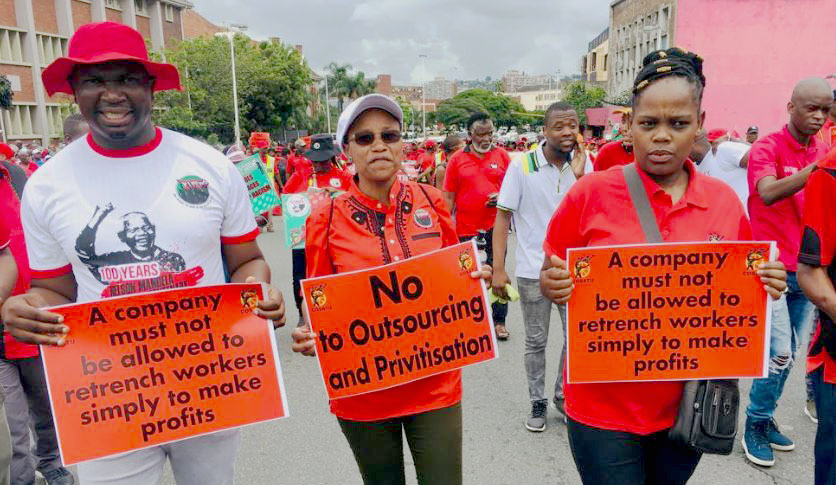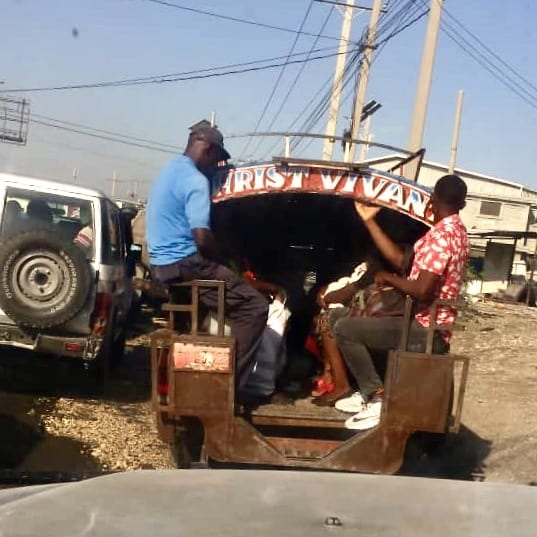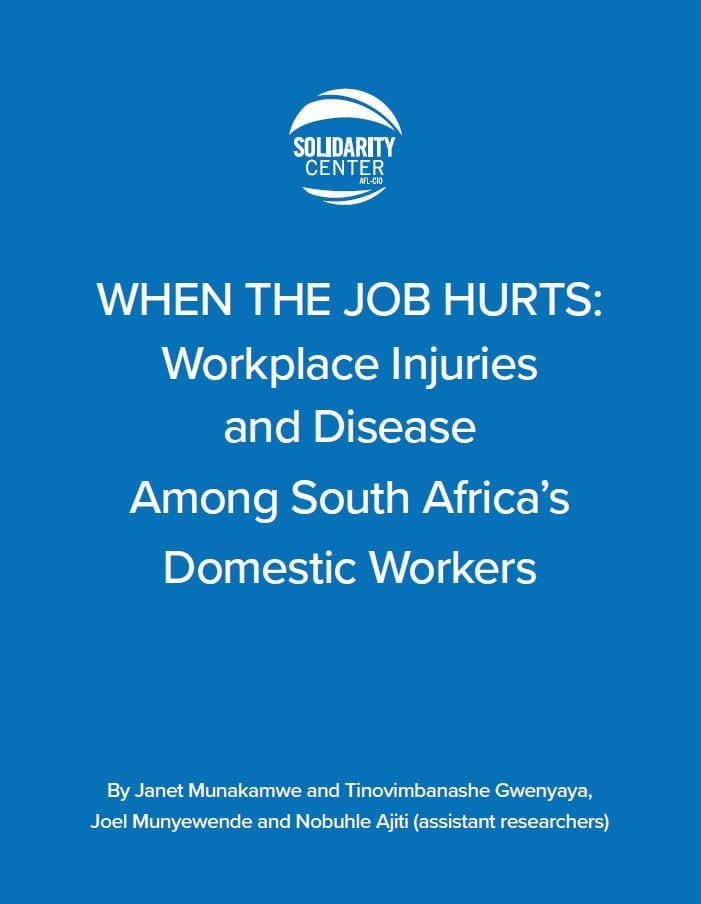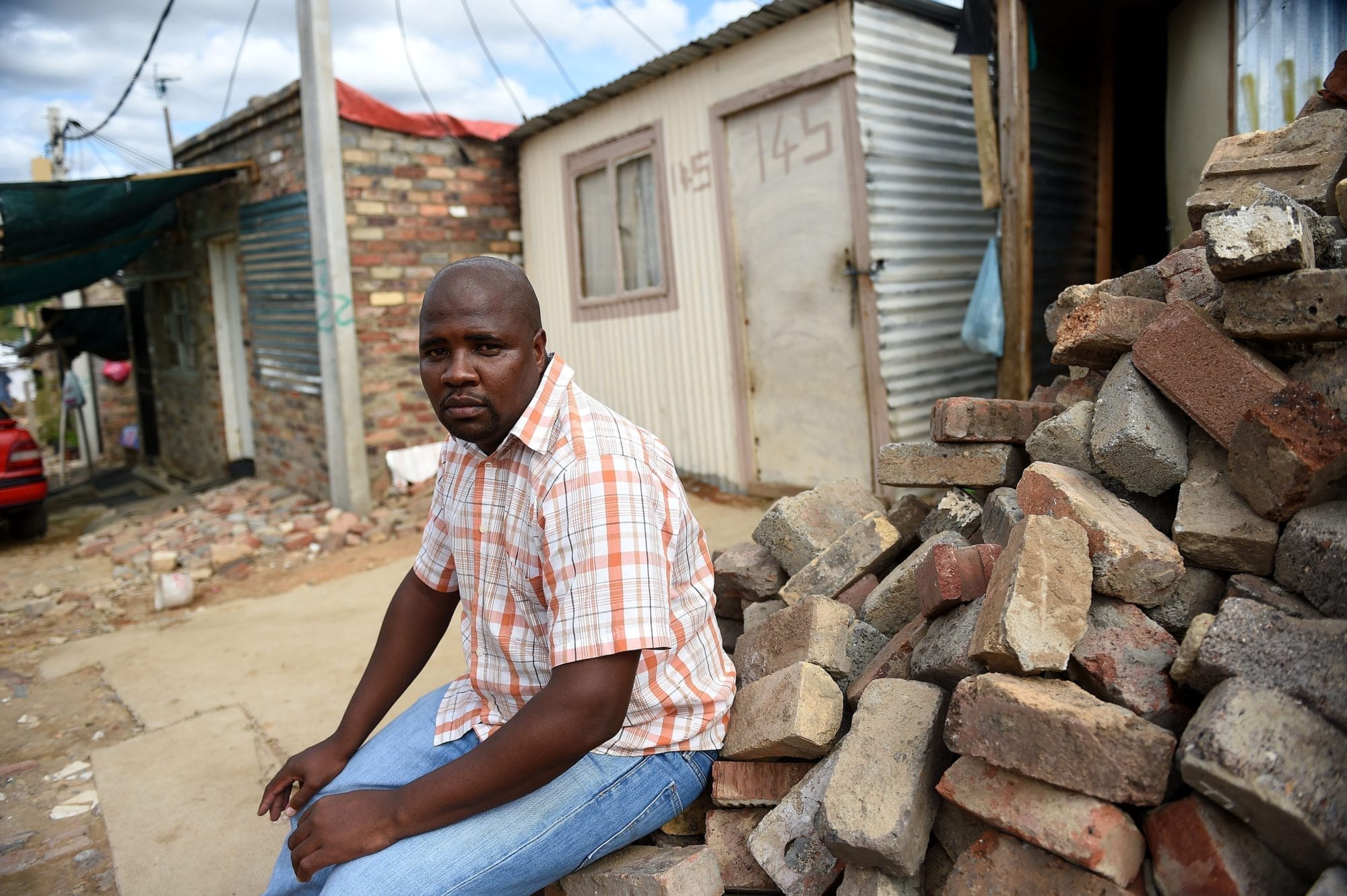Just as the magnitude of the COVID-19 pandemic highlights the massive global economic and social inequality around the world, with workers in the informal economy and supply chains, and migrant workers—many of whom are women—especially marginalized, so, too, does it...
South Africa

The Solidarity Center program in South Africa aims to improve the lives of working people, particularly the most vulnerable—farm workers, domestic workers, migrant workers and women workers. Credit: COSATU
When the Job Hurts: Workplace Injury and Disease among South Africa’s Domestic Workers
Through individual case studies and legal analysis, When the Job Hurts demonstrates the need for domestic workers in South Africa to receive the same coverage under the country's job safety and health compensation law as other workers. Download report.
Migrant Mine Worker in South Africa: ‘We Have Nothing’
As a migrant mine worker from Swaziland, Mduduzi Thabethe says he has fewer workplace rights than his South African co-workers. Although all mine workers pay the same amount into the health fund, migrant workers get inferior care and pensions are rare. “If you are a...



